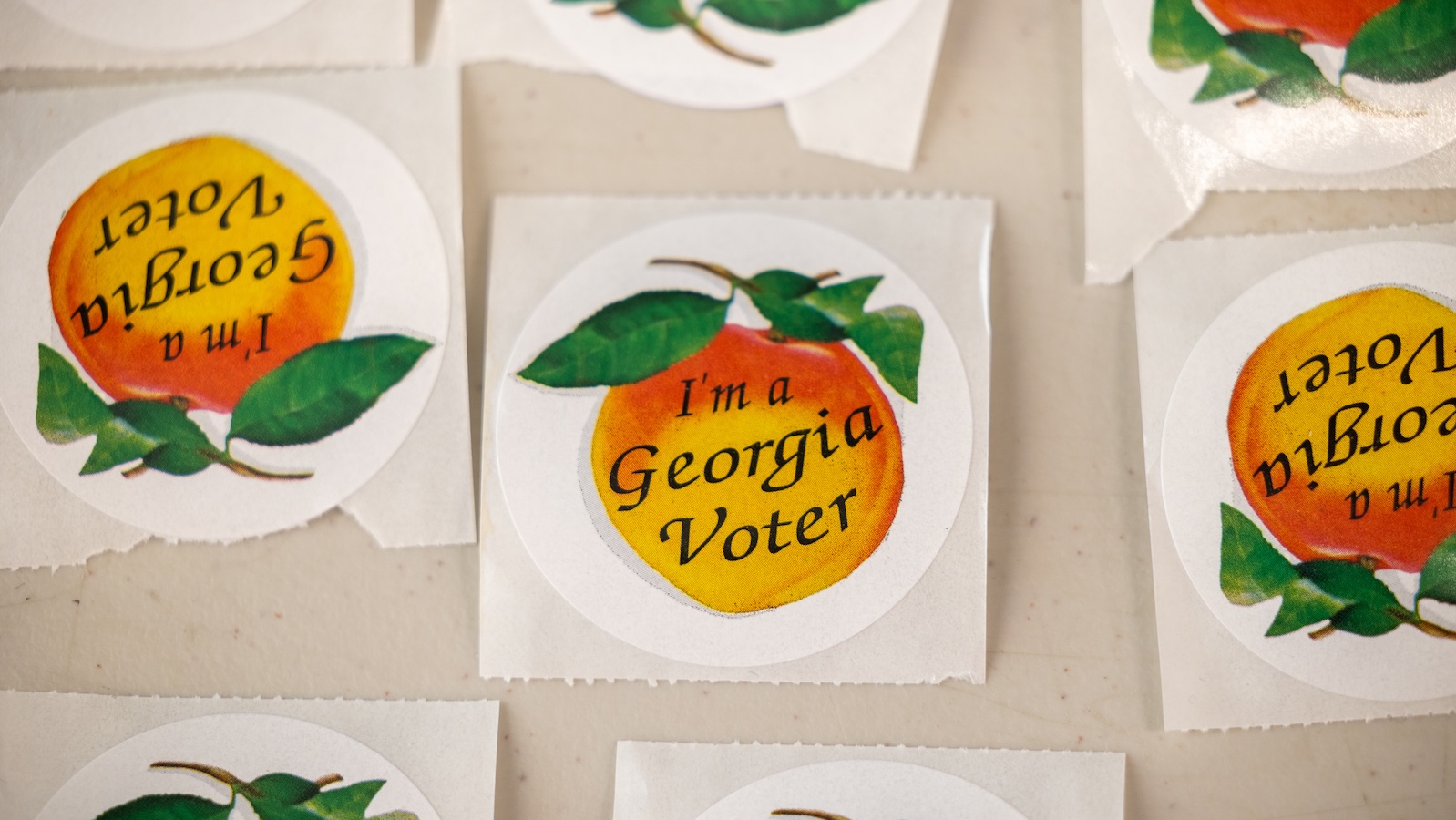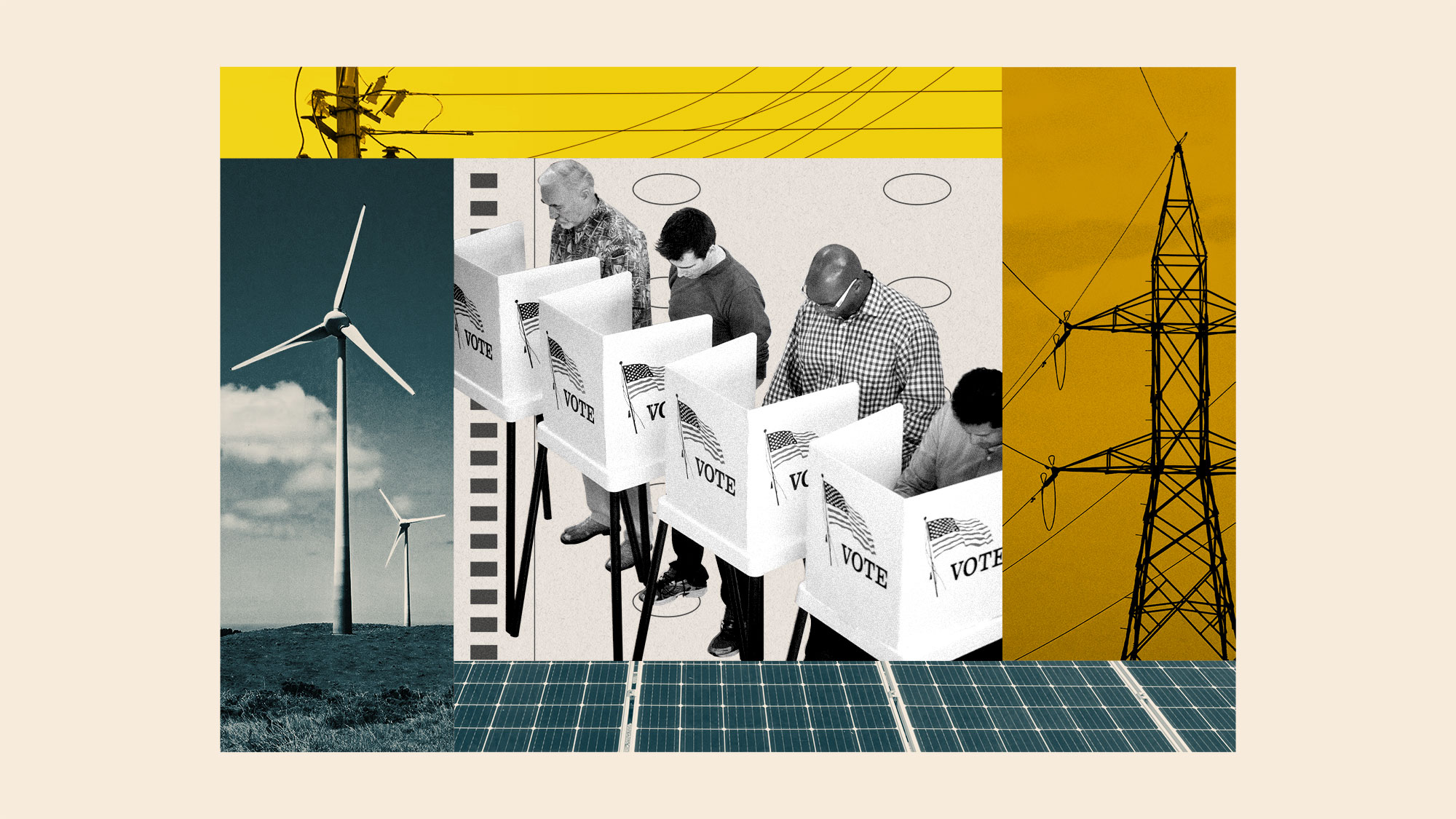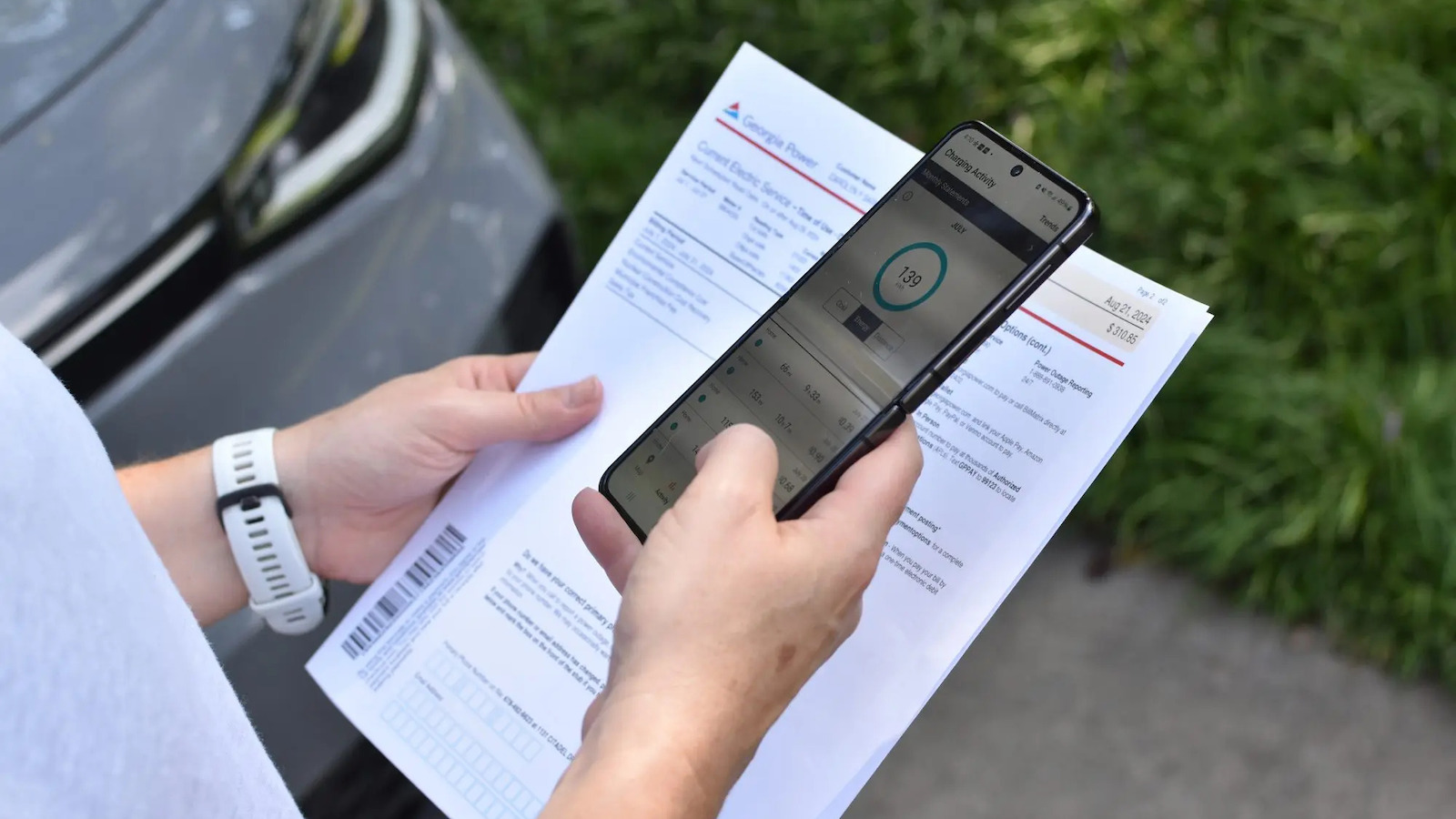Now Reading: Georgia PSC Election: Linking Voter Turnout to Rising Power Bills
-
01
Georgia PSC Election: Linking Voter Turnout to Rising Power Bills
Georgia PSC Election: Linking Voter Turnout to Rising Power Bills

Quick Summary
- Georgia voters will elect two Public Service Commission (PSC) members this November in a relatively low-profile race.
- The PSC oversees utility regulations, including power generation methods and electricity rates, considerably impacting consumer costs and climate change issues.
- Rising electricity bills have made this election more notable for voters, with an emphasis on educating the public about the PSCS role.
- Georgia is one of only ten states where utility commissioners are directly elected by voters, giving consumers notable regulatory influence.
- Incumbent Republican commissioners Fitz Johnson and Tim Echols face Democratic challengers Peter Hubbard and Alicia Johnson in this year’s statewide elections.
- Various groups like Georgia Conservation voters and Black Futures Lab are conducting town halls, door-knocking campaigns, and outreach events to inform residents about the stakes of the election.
- Analysts suggest voter turnout could shift dynamics due to urban vs rural electoral participation patterns amidst othre local elections happening in major cities like Atlanta.
- The current all-republican commission recently voted unanimously to freeze energy rates temporarily amid mounting concern over high bills.


Indian Opinion Analysis
The heightened focus on Georgia’s Public Service Commission election underscores growing voter interest in economic issues amid rising costs for essential services like electricity-a challenge not unique to America but pertinent globally as nations balance affordability with sustainable energy transitions. This race exemplifies how seemingly lower-tier elections wield consequential powers over citizens’ daily lives via policy decisions tied to consumer expenses and environmental goals such as decarbonization.
From India’s perspective, similar frameworks of transparency regarding public utility regulation could offer solutions that empower ordinary citizens while advancing clean energy mandates internationally-mirroring attempts seen here to educate voters about thier governing bodies’ impact on broader social priorities like climate change policy adaptation amidst inflationary challenges worldwide.


























